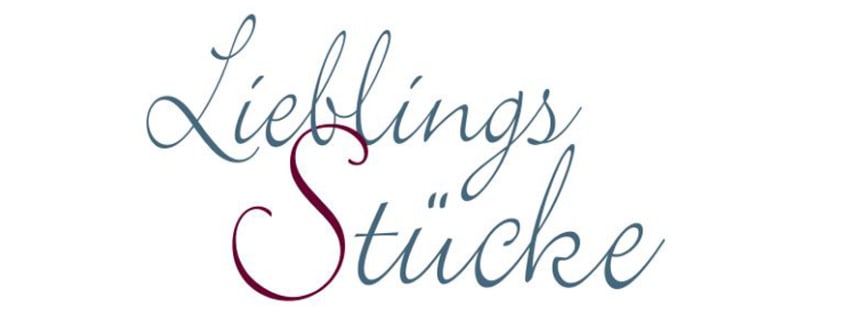Mendelssohn’s Wedding March combined with the Birds’ Wedding? When we played this audio sample from the accompanying CD to the new Loreley choral collection in a workshop given by the editor Volker Hempfling at chor.com in Dortmund earlier this year, some people in the audience could hardly suppress their smiles. By this point at the latest, two things were clear to all the participants: namely, that folk songs are not in the slightest bit boring, and that three-part settings with just one male voice part can sound just as good as their four-part equivalents.


